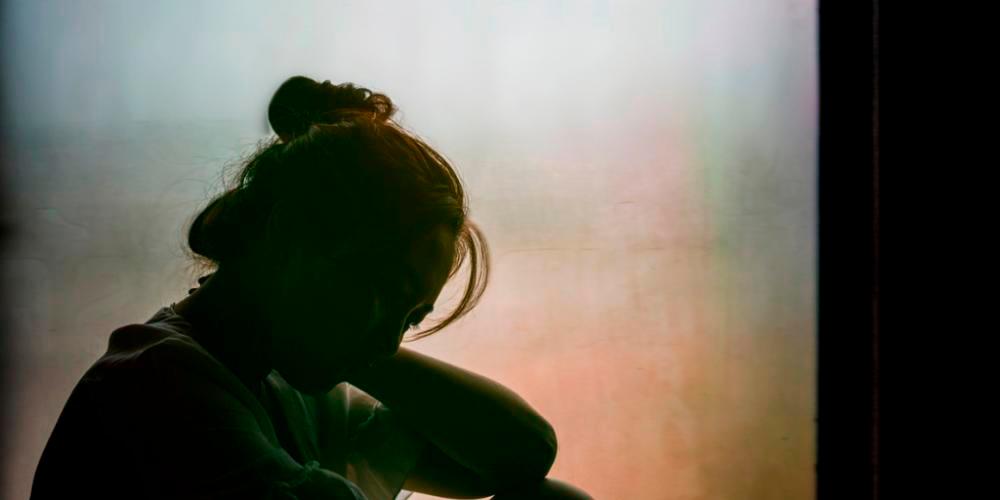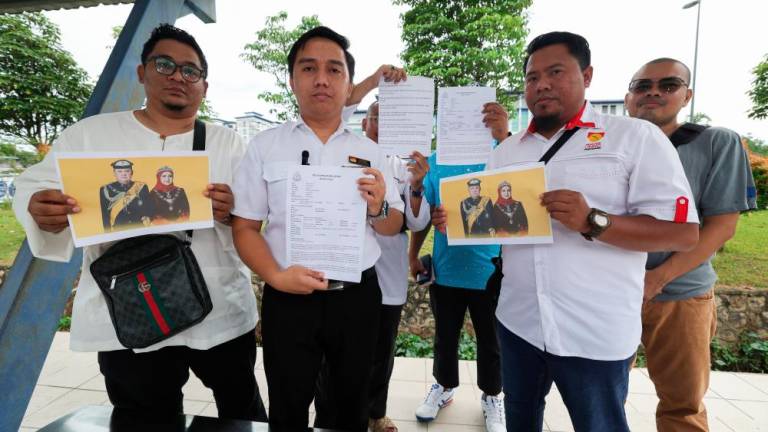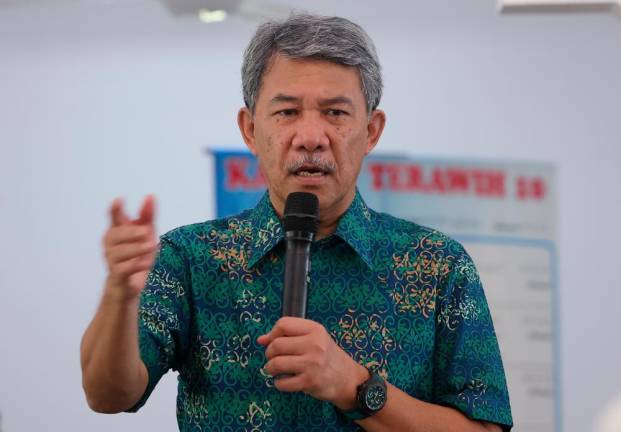THE Covid-19 pandemic caused havoc in our lives, greatly affecting the mental health of many. This is evident in a report by the World Health Organisation, which stated that in the first year of the pandemic, global prevalence of depression and anxiety increased by 25%, with women and young people being more severely impacted.
Back home, suicide cases increased by 81% between 2020 and 2021. The tragic loss of 1,142 lives to suicide means that we need to place more emphasis on ensuring mental
well-being of the rakyat is taken care of.
Ample allocation from our budget should focus on mental health, including the promotion of mental well-being, prevention of mental disorders and suicide, treatment as well as rehabilitation.
The Health Ministry has championed many outstanding programmes to bolster the rakyat’s mental well-being. I applaud the setting up of the National Centre of Excellence for Mental Health in October last year, which serves as a centre to minimise the service gap and promote better collaboration between the government, private agencies and NGOs.
One of its first projects was Talian HEAL 15555, a mental health crisis helpline that operates from 8am to midnight on a daily basis. I would like to encourage Talian HEAL to extend its service to 24 hours as there is a grave need, judging from the high volume of calls received by Befrienders KL, which operates a 24-hour emotional support helpline.
The ministry’s initiative of “Let’s TALK” campaign has created much awareness of
the importance of mental health among
the rakyat.
Efforts should be continued, and more is needed to reach out to those without access to the internet, especially the older generation.
Awareness programmes with screening tests can be carried out at old folks’ homes and senior clubs, not forgetting rural areas. It is important to provide easy access to the vulnerable, including the homeless.
An effective awareness programme can educate the public and reduce stigma while encouraging help-seeking behaviour.
It is evident that the public mental healthcare system is burdened with an extremely high volume of patients, with long waiting period for many. This can be challenging for the lower income group as most are unable to afford treatment from private hospitals or clinics.
According to the National Health and Morbidity Survey 2019, the prevalence of depression among the B40 income group was the highest at 2.7%.
I strongly encourage the ministry to look into giving subsidies to those who are financially constrained to get treatment in the private setting. This is to ensure faster access to treatment so that we can prevent their conditions from aggravating.
The demand for treatment warrants the training of more mental health professionals, such as psychiatrists, clinical psychologists, counsellors as well as social workers. We also need to study how to retain these skilled professionals in our country.
As we work towards the decriminalisation of suicide, we should look into better mental health interventions for those who attempt suicide. Most of them are suffering unbearable emotional pain and having issues with their mental health.
The long-defunct National Suicide Registry Malaysia should be reinstated as effective and targeted suicide prevention strategies, and policies can be established using reliable data.
I hope academicians and experts in the mental health field can conduct more research and studies in order to create suitable evidence-based interventions and rehabilitation programmes.
A lot of emphasis has been placed on seeking work-life balance. Workplace stress can be a cause of developing mental health issues. Creating a safe and mentally healthy working environment is paramount to an employee’s well-being.
The government may also look into offering incentives or subsidies to companies in setting up the Employee Assistance Programme.
It is a commendable effort by the ministry to hand over RM6.2 million to NGOs last September in support of mental health. I hope this will be a continuous practice to ensure that NGOs are able to assist and complement the ministry’s efforts in reaching out to the local communities.
Tan Sri Lam Thye
Chairman
Alliance for a Safe Community













